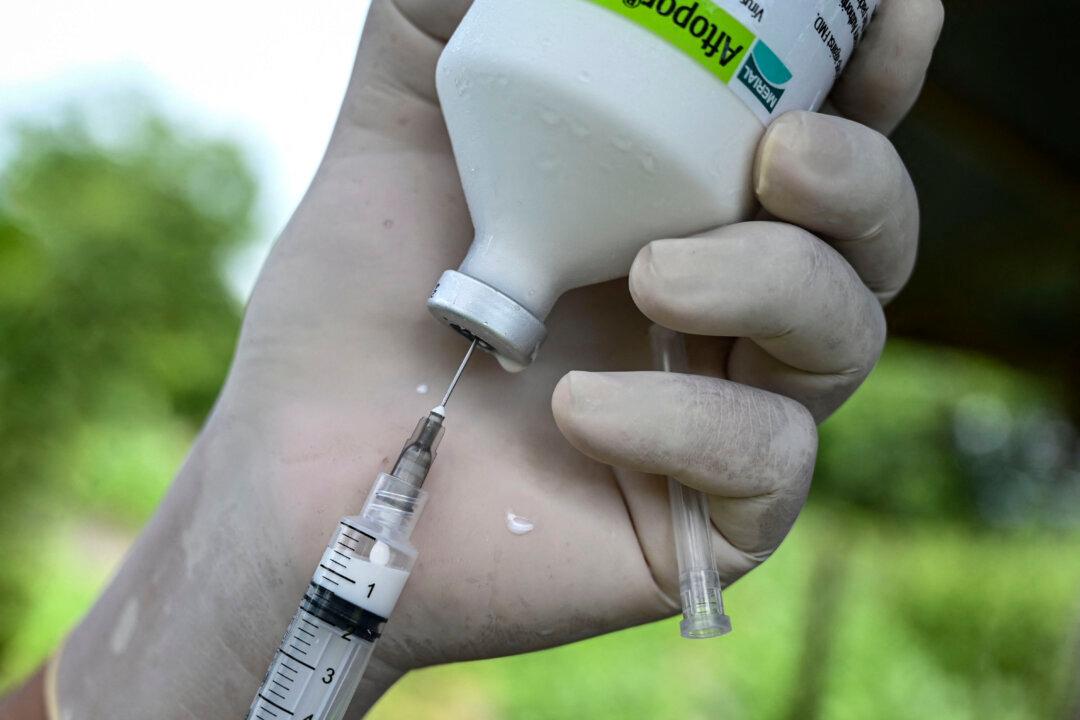An Australian state government has signed a deal with U..S biotechnology company Tiba Biotech to develop mRNA vaccines for Foot and mouth disease (FMD) and Lumpy Skin Disease (LSD) within a year.
Deputy Premier and Minister for Regional New South Wales (NSW) Paul Toole said the milestone would protect Australia’s $28.7 billion (US$18.5 billion) livestock industry.





